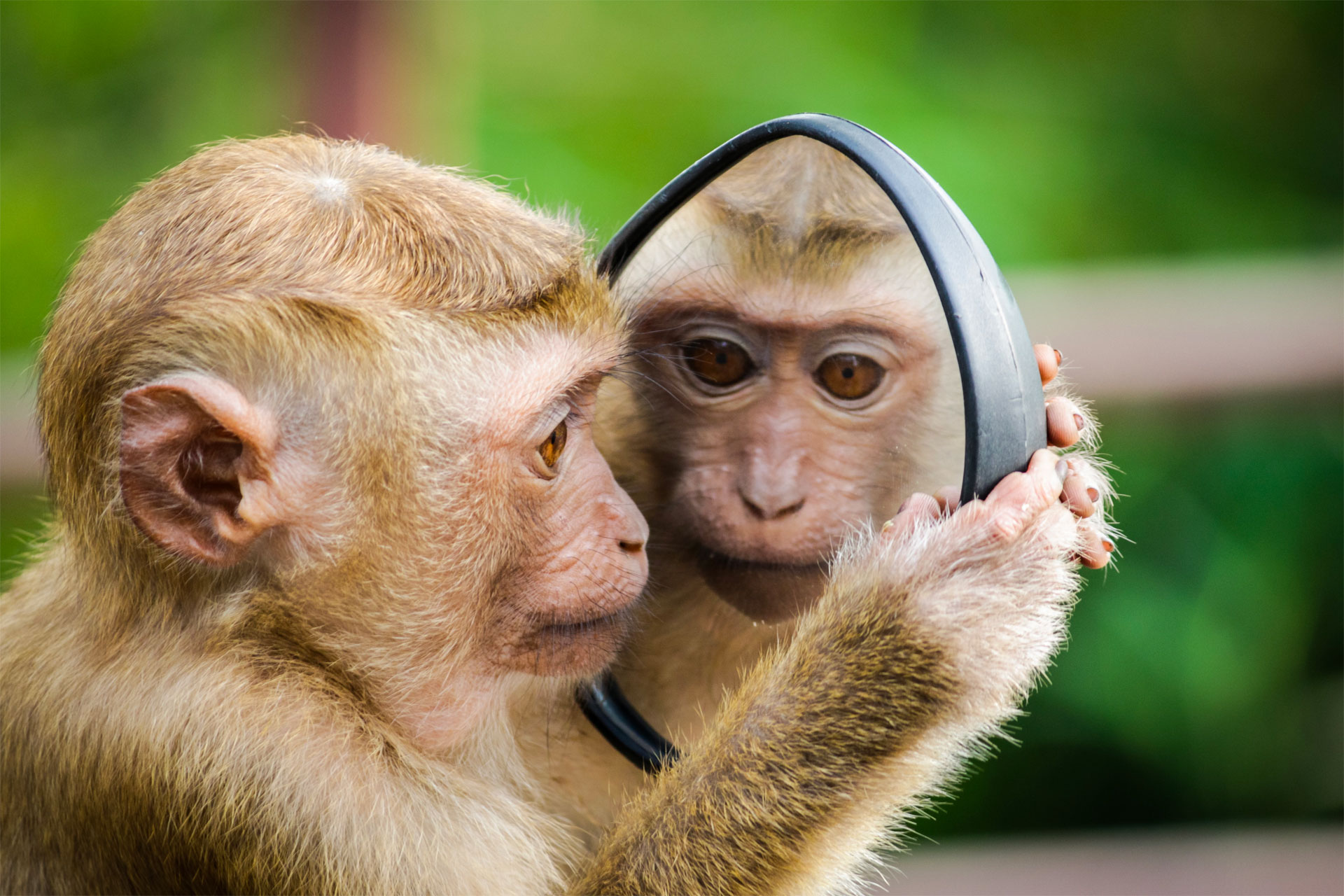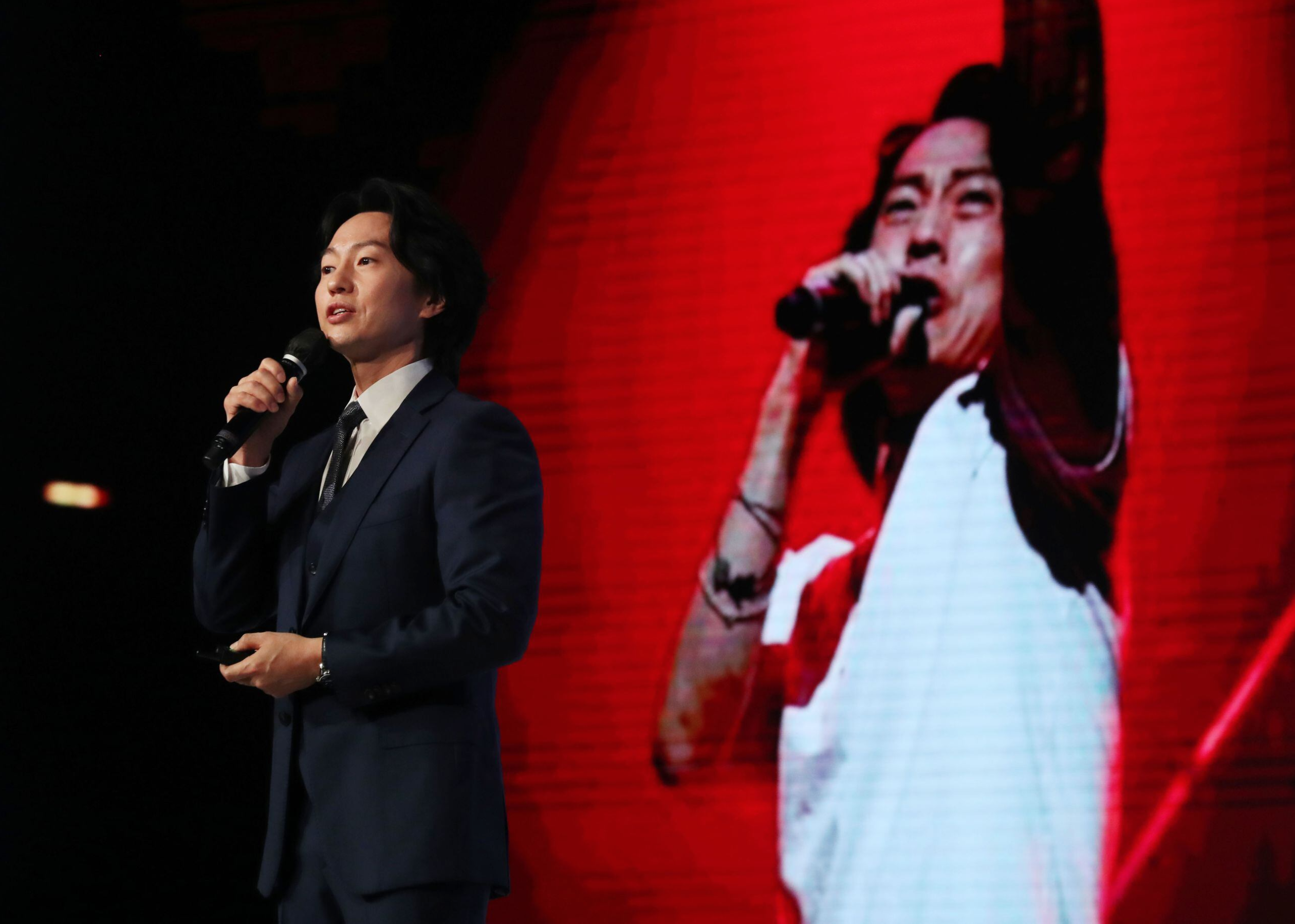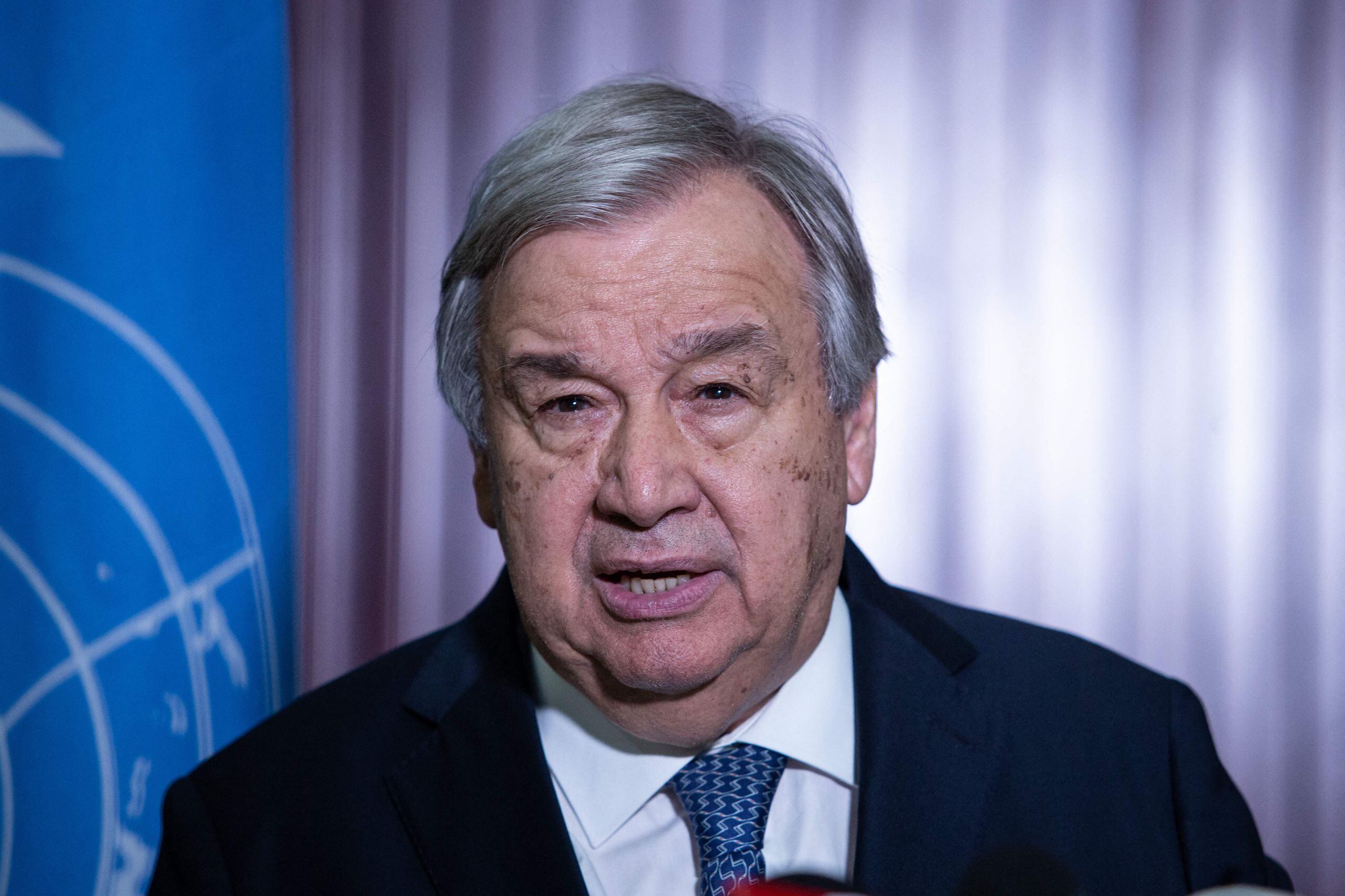Laura Thompson, EMP, INSEAD; Founding CEO, Laura Thompson Coaching & Consulting Services
The second principle of mindful communication centers around communicating with yourself and developing mindful awareness of yourself and others. This second principle is best achieved through five techniques: (1) achieving personal and professional awareness, (2) learning mindfulness, (3) practicing deep-breathing techniques, (4) meditating, and (5) understanding what has caused suffering in your life and improving your powers of empathy.
Personal and Professional Awareness
Self-awareness means having (1) conscious knowledge or awareness of your own character, behavior, feelings, motives, and desires, and (2) the ability to self-regulate in conversations. According to Daniel Goleman, self-awareness combined with a similar awareness of others can also be called emotional intelligence, and it can improve your lives both personally and professionally.
The best way to understand an array of your physical and emotional feelings can be seen in the following chart, based on a similar one devised by Richard Barret in his book Evolutionary Coaching. It describes examples of when your feelings are in alignment with living an optimal life versus one in misalignment often based on fear and separation. Different feelings affect your body, ego, and soul. Expanding awareness of these different states of existence can assist you in your ability to self-regulate your emotions and understand others, engage in more impactful conversations, and improve relationships. In other words, it is about rethinking evolutionary emotional intelligence.
I will give an example of how these connections work. Like many people around the world, I have been in isolation due to Covid-19. Fortunately I adapt to new circumstances with relative ease, and at first I was very productive during the quarantine: I uploaded my “Mindful Communications” e-course on new digital platforms, wrote an article on mindfulness for Thrive Global, became a pioneer for the Center for Asia Leadership Initiatives by serving as their webinar series’ first guest speaker, and worked as a strategic advisor to Jaana Rehnstrom, MD, the Founder and President of The Kota Alliance, a nonprofit dedicated to gender balance and underserved communities. In all of these projects I tried to follow my own advice regarding self-care, rest, and daily meditation. Yet, lo and behold, after thirty-nine days of lockdown, I became exhausted, stressed out, and filled with sadness. What went wrong? The answer lies in the loneliness inherent in living in quarantine, despite virtual gatherings. Most people need regular, in-person connections with others because humans are communal beings. But by recognizing the negative power of isolation and how it affected me, I was able to regain some of my energy and confidence. It is normal to experience variations in your emotions—to enjoy positive feelings, fall into negative feelings, and then bounce back by exercising self-awareness. But self-awareness has become even more important in these unprecedented times, when we are experiencing extraordinary levels of isolation and stress. In any situation, knowing the different states of your body and mind will help you to become a mindful leader, colleague, friend, and family member.
Mindfulness
To be mindful is to be aware of yourself and your surroundings and, moreover, to feel at peace with these surroundings. Practicing mindfulness can lead to better decision-making and more effective leadership abilities, especially in uncertain times.
From a neuroscience perspective, when you are not operating in a state of mindfulness, the most primal part of your brain, sometimes called the “reptilian brain,” will dominate your responses to your environment, often informing you about threats to your safety. Such responses can be triggered when you feel unfairly judged, abused, excluded, or unappreciated. When this happens fear steps in, and the reptilian brain takes over to protect you from perceived threats. The amygdala is the part of your brain that releases chemicals to activate your “fight, flight, or freeze” reaction. When this reflex takes control of your emotions, it hijacks your executive reasoning powers, and you lose the ability to think calmly and rationally.
Such a state of mind can lead to poor decision-making, denial, and leadership paralysis in professional settings, as we have seen with some political leaders and health organizations during the Covid-19 pandemic. Inaction has proved highly detrimental in slowing the spread of the virus throughout the world, and the same negative effects can be seen in business leaders when their “reptilian brains” control their actions. Inaction is not leadership. It is better to practice mindfulness and make informed, timely decisions based on input from experts, even at the risk of initial failure than to do nothing. Our society is always evolving, and evolution depends on risk, experimentation, and learning from our mistakes.
Organizations such as General Mills, Aetna, Salesforce, and Google offer mindfulness training to increase the effectiveness of their employees and the overall functionality of their workplaces. Cultivating mindfulness helps to decrease burn-out and ennui, common hazards in the workplace. Its many benefits include heightened well-being, increased focus, more nuanced emotional regulation, greater empathy, and improved bodily awareness.
As we adapt to the crisis of Covid-19, what new models are we developing for our professional lives? The pandemic has shown us that we are all interconnected. Practicing mindful communication is a key component in building a purpose-driven, human-centered model for our society that will enable us to learn from the hard lessons of a near-global quarantine.
The Power of Breathing
Many people agree that focusing on their breathing makes them feel more connected to their bodies and more aware of their thoughts, feelings, and desires. My yoga teacher, Dineen, has us sit, stand, or lie down, depending on what suits our levels of physical fitness. She then has us breathe in, hold the breath for a few seconds, and breathe out, repeating the process three times in order to initiate mindful relaxation. These breathing exercises center us in our bodies, giving us a mindful awareness of our own physical presence.
As we breathe, Dineen asks us to notice the places where we feel tension and breathe into the tension in order to release it. Most of us carry tension in our neck, shoulders, and lower back. Every time I breathe deeply into the areas holding my stress, it is released. After these breathing exercises, my body always feels nourished, grounded, and centered.
Depending on your particular temperament and interests, you can achieve the sensation of being centered through walking, dancing bicycling, swimming, golfing, horseback-riding—whatever physical activity connects you to your body in a positive and pleasurable way. Sports can often bring you into “the zone”—in psychological terms, “a flow state”—and allow you to connect with your inner self.
Prayer in any religion is another way to achieve a flow state and enables you to connect with your inner self and understand others. In some ways, prayer is a form of deep breathing—it can be viewed as a means to become one with God, the Divine, or Universal Consciousness, depending on your beliefs. Faith also plays an important role in healing yourself and others.
When attempting such exercises, choose whatever method works best for you—whatever makes your life more peaceful and enjoyable. Once you are grounded and centered physically, you can further increase your awareness of yourself and others by writing down your thoughts in a journal or discussing those thoughts with others. Mindfulness practices will create a sound mind and help you connect positively with others. In professional settings, they will enable you to hold meaningful conversations based on trust, which will lead to a more functional workplace and stronger relationships with your colleagues.
Meditation
Meditation is the process of quieting the endless chatter in your mind, letting go, and listening to your own inner voice. If you start meditating regularly, you will eventually experience a form of peace, whatever that might mean for you. Most of my Buddhist teachers and friends, either ministers or laymen—including monks from Japan, Vietnam, Myanmar, France, and the United States—say that you can meditate while sitting down, walking, or exercising. Meditating can be done for one minute, ten minutes, an hour, all day long, or even longer. It is a way to connect with your inner self, become more aware of your emotions and desires, learn to love yourself as you are, and forgive yourself. In short, it is a form of self-care.
Meditation opens doors within yourself, helping you to dive deeper into the nuances of your own life. It can be a spiritual process and is often achieved through prayer, but it is also practiced by people who are agnostics or atheists—meditation is for all. Use the meditative practice that works best for you.
Suffering and Empathy
The last crucial element in cultivating awareness is developing an understanding of suffering in both yourself and others—in effect, practicing empathy. Suffering can encompass any unfavorable or un- wanted event: illness, sexual or verbal abuse, divorce, the death of a loved one, being fired from a job, a loss of financial security, wars, a virus pandemic, water shortages, food shortages, and so on. Once you have figured out what has caused your own suffering, you will find yourself becoming more empathetic and compassionate toward others who have experienced similar situations, and this heightened awareness will in turn improve your relationships, both at the office and with your family.
One of the ways in which I have suffered was having to resign from a job I loved because of a verbally abusive boss. Twenty years ago, I underwent a two-year grueling divorce in Geneva, Switzerland, and moved to New York City for a new job while my ex-husband went to Johannesburg, South Africa. Curiously, we then became friends again by communicating over email and by phone. One day in New York, three months after the divorce, I received a phone-call from my ex husband’s assistant, who told me that he had collapsed on the golf course. She explained that he would have to undergo a quadruple-bypass heart surgery in two days, and his daughter, who was living in London at the time, refused to fly down to Joburg to be with him because they were not speaking to each other at the time.
When I heard this news, my intuition told me to go. I spoke with my boss, explaining the situation, and told him that I would take leave without pay. He agreed. Yet, after I had been in Joburg for one week, my boss called and threatened that he would fire me if I didn’t come back immediately. He accused me of going on vacation and tak- ing a safari when, in fact, I had spent the previous days in the ICU, hoping that my ex-husband would recover, only to learn that he had become a quadriplegic. At this point in my life, my financial security depended on keeping my job, so I agreed to return. I spoke with my former stepdaughter, and fortunately she decided to fly down and take over her father’s care. From that point onward she handled her father’s medical situation remarkably well for a young woman. I suspected that he would die shortly, but though my heart wanted to stay, my brain told me to go back to New York as a means of self-preservation.
Once there, I was summoned to my boss’s office. A colleague sat in one of the two chairs facing his desk, witnessing our exchange. My boss soon began to yell at me for going to South Africa on the company’s payroll. I reminded him of our agreement—that I had taken the time as unpaid leave. Then I blurted out, “He’s going to die.” The words made me burst into tears. In response, my boss ran out of his office and told my colleague to deal with me.
News of this interaction eventually reached Human Resources. My boss had a record of verbally abusing women in the workplace, and they quietly asked him to resign. A lawyer told me that I could sue the firm, but this was before the #MeToo movement—I decided not to sue because I did not want to tarnish my professional reputation. Moreover, I did not have the energy to go through another lawsuit. Instead, I decided to leave the firm and tried my best to view my trials and tribulations as learning experiences. I asked myself what lessons I could gain from them, and I strove to discover the reasons behind their occurrence. I centered myself through deep breathing and exercise, meditated, wrote in my journal as a way to process my emotions, and talked with friends and colleagues about their ways of dealing with life’s curveballs.
In the end, all of these techniques led to a two-fold epiphany: out of crises comes opportunities, and forgiveness is all-important. What a powerful learning experience! Because I had suffered, I learned to find potential in life’s disastrous moments, and my decision to embrace for- giveness allowed me to move on positively with my life. I discovered that I had the power to pivot, adapt, and strengthen my resilience. These skills helped me live through 9/11, the Iraq War, the 2008 Great Recession, tragic family deaths, a W-curve in my professional life, and now the Covid-19 pandemic. As importantly, my own negative experiences allowed me to understand and empathize with the suffering of others, strengthening my relationships at work and at home.
On a philosophical, visionary, and purpose driven note, I hope that leaders across the public-private sectors will change for the better and focus equally on solutions pertaining to human welfare, economic empowerment, and the health of planet Earth because of lessons learned from the COVID-19 crisis. I challenge leaders in government, business, and civil society to improve the systemic structure based on the premise that human beings matter. Let us take intelligent enterprises empowered with digitalism and transition to a world that makes a positive difference for all stakeholders and the society at large. Leaders, you can make a difference, by acknowledging that people matter and implementing this viewpoint as the foundation of the needed systemic change to be co-created now and going forward, developing a better paradigm for the future of work. Locally, regionally, and glob- ally, we are in this together. Mindful leaders know that collaboration and sharing of ideas based on evidence and facts proves to be effective in achieving the best possible outcomes. To reiterate, when difficulties arise, practice mindful communication and leadership.
Learn more about the Center for Asia Leadership’s programmes in strategic foresight and adaptive leadership here at bit.ly/lead-asia.
What is your response to the rapid pace of change around us? The best response is to learn and adapt. Here is how we can help your organization adapt to ongoing disruptions and thrive amid challenging times through our Adaptive Leadership Signature Program that addresses the past culture, while building the teams’ capacity to create a new future.



